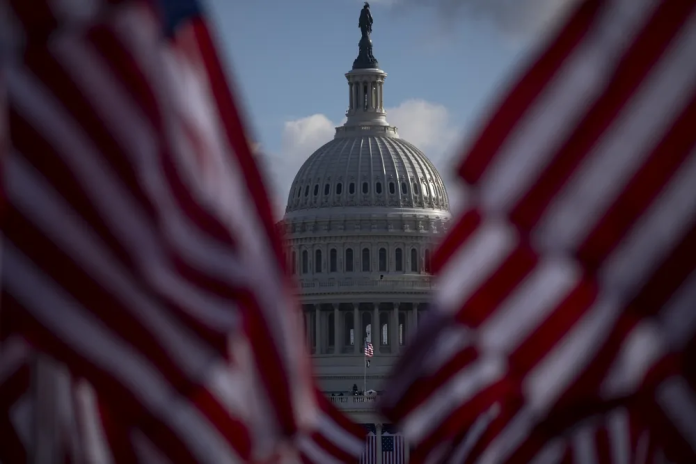
After a tumultuous summer campaign season, the 2024 U.S. presidential election has entered the sprint stage. The current candidates are U.S. Vice President Kamala Harris of the Democratic Party and former U.S. President Donald Trump of the Republican Party.
Harris became the Democratic front-runner after incumbent President Joe Biden withdrew from the race. This is the first time since 1968 when a sitting president did not run for reelection. Meanwhile, Trump engaged in his third run for the country's top position. In a time of historic changes like this, we will take a look at both candidates’ strengths and weaknesses to understand their advocacies and ensure prospective voters will make the best choices.
Donald Trump
American voters' satisfaction with the economy is at a staggering low, with Gallup’s Economic Confidence Index (ECI) at -26 based on a poll conducted from Oct. 1 to 12. This is in stark contrast to pre-COVID levels when Trump was still in office, when the index reached its highest positive level since 2001 according to the same survey.
The fact that Trump was in office at such a time led to many American voters expressing nostalgia for the pre-pandemic economy when inflation was still low, making the prices of goods and services unstable. This is the biggest advantage Trump has today, with the majority of voters having a more positive view of the economy during his presidency. Trump increases his chances of reelection with the hope that he will bring the economy into the same state as four years ago.
However, Trump’s biggest weakness is his age. Trump is now 78 years old, and if he is reelected, he will join Biden as the oldest president of the United States. This is not a detail that can be easily overlooked, as Biden’s withdrawal has focused public attention on the issue of Trump’s age and mental clarity.
In his public speeches, Trump has repeatedly praised Hannibal Lecter — a fictional character in The Silence of the Lambs — as if he was a real person. The Democratic Party is capitalizing on this age issue, with Trump’s claim during the Aug. 10 presidential debate that Haitian immigrants from Springfield, Ohio, were eating their pets. This raised questions about Trump’s sanity and ability to govern after four years out of office.
Moreover, these statements will also shake his reputation with middle-class white suburban voters who are politically moderate and want a strict immigration policy that is not racially biased. The rhetoric will undermine Trump’s support from white women, who are also not very enthusiastic about his statements about immigrants.
Kamala Harris
Harris’s biggest advantage is her experience in the judiciary. Before entering national politics, she served as San Francisco’s district attorney and California’s attorney general. This experience has allowed her to position herself as a prosecutor opposed to Trump, who has been charged with 34 felony counts of falsified business records. The Democratic Party capitalized on Trump’s charges in political advertisements and speeches, as Harris repeatedly emphasized her role as a prosecutor facing a guilty man.
Harris’s biggest weakness is that many voters still don’t know much about her and her policies. This is reflected in September polls where nearly two-thirds of American voters want to know more about Harris’ policies and plans.
Harris is trying to overcome this by reaching out to more voters in a “retail politics” method by talking directly to voters through mediums such as town hall meetings when she’s not speaking in front of crowds. Her approach can project an image as a politician who understands the common people. If Harris doesn’t convince more voters about where she stands on policies as election day approaches, she may lose her advantage over Trump.
